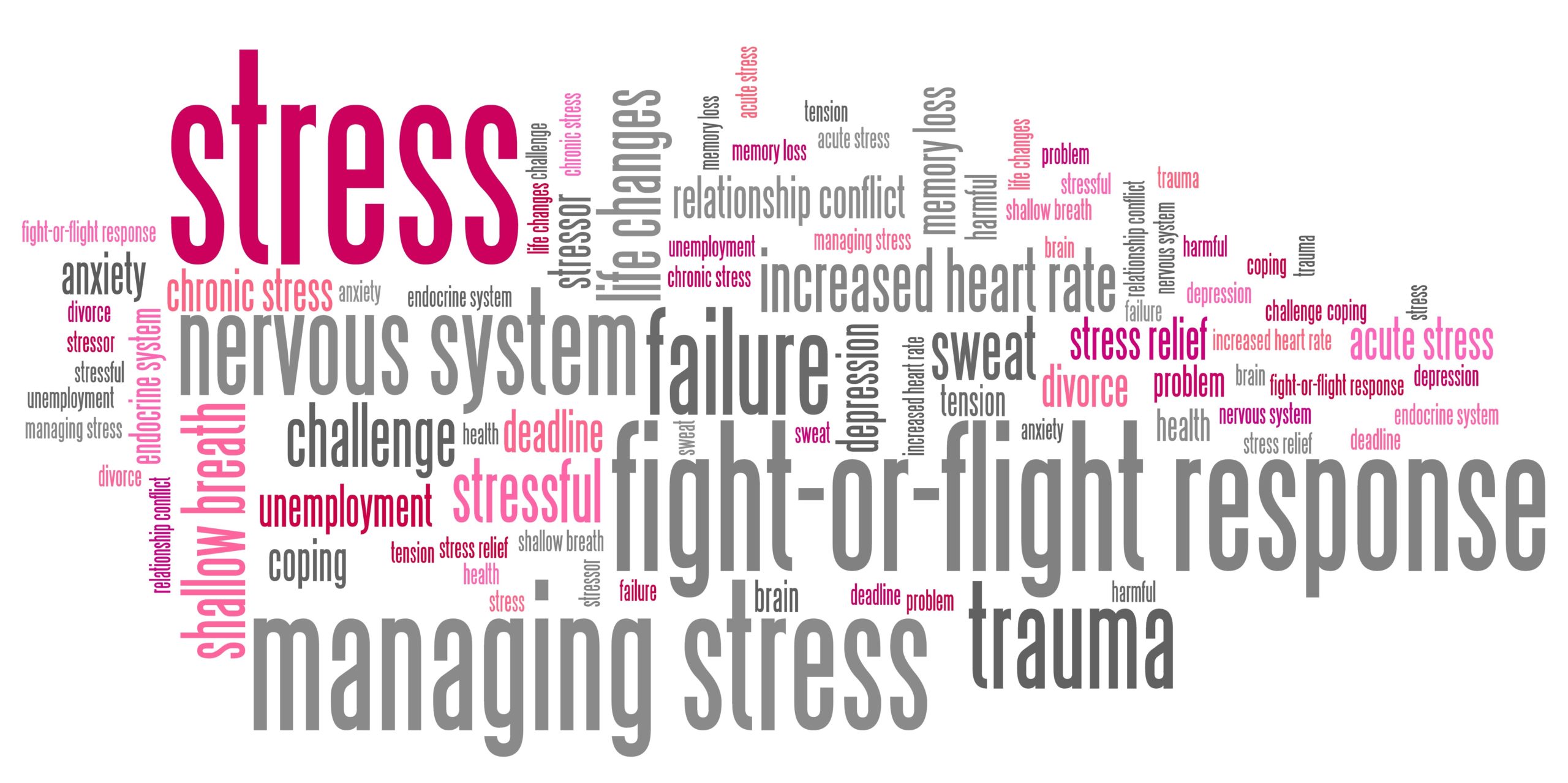Many individuals experience a traumatic experience at least once over the course of their lives. Most of the time, these traumas have a lasting and significant impact on someone’s mental health. Sometimes, an individual may find that the impact of the trauma creates ongoing mental, emotional, and behavioral issues. It can also impact a person’s ability to participate in therapeutic mental health treatment programs. When this occurs, it’s important to seek trauma-informed care.
Trauma-informed mental health treatment is a type of therapeutic approach in which mental health clinicians consider the potential impact of trauma on each patient. In this article, we discuss the foundations of trauma-informed mental health treatment and how beneficial it can be to incorporate it into mental health treatment plans for patients. We also overview the trauma-informed care programs that Arbor Wellness offers for either you or your loved ones.
What Is Trauma-Informed Care?
The basis for trauma-informed care is to ensure that every patient feels safe enough to address their mental health struggles while in a treatment program. One of the biggest impacts that trauma can have on a patient is to instill feelings of distrust, insecurity, and instability. Clinicians who take a trauma-informed approach understand these feelings and try to provide compassionate, secure, safe, and welcoming care. Some of the main components to trauma-informed mental health care include:
- A solution-based focus – Clinicians focus on what happened to the patient instead of the diagnosis of the patient.
- Avoiding re-traumatizing events – Therapy can sometimes trigger thoughts and memories of traumatic events and experiences. If that occurs during a session it can create a lot of stress and fear for the patient. Clinicians who are knowledgeable and consider trauma are proactive in avoiding this type of situation from occurring.
- All levels of staff are educated in trauma-informed care-In a mental health treatment program it is important for every single staff member, even if they do not hold a medical license, to be aware and practice trauma-informed care. Both the clinical and non-clinical team should be working together to create the safest environment possible for the patients.
When the team of care providers at a facility take a trauma informed approach to treatment it gives clients the chance to fully process the events that have occurred in their lives which may be impacting their mental health.

The Benefits Of Trauma-Informed Care
When clients have a history of trauma it is important to understand that it can exacerbate any existing mental health illnesses. Trauma can also trigger a secondary mental health diagnosis as well. For example an individual who experiences a traumatic car accident may develop an anxiety disorder, or post traumatic stress disorder. In order for the client to achieve a state of overall wellness the core trauma must be addressed and properly treated.
This is why trauma-informed care is so beneficial. A provider who takes a trauma-informed approach will address both of the dual diagnoses. They will also understand the importance of creating a safe treatment plan that will not trigger the client into experiencing the emotions or trigger flashbacks of the traumatic event itself. Seeking out a trauma-informed clinician is vital to achieving lasting healing from your behavioral health struggles.
The Principles Of Trauma-Informed Care
There are five core principles of trauma informed mental health treatment. The principles aid clinicians in setting up proper procedures and treatment plans for the clients participating in their programs. There five principles are as follows:
- Creating Safety For Patients
The number one most important factor in treating individuals who have experienced trauma is creating an emotionally and physically safe environment.
- Allow The Patients To Have Choices
Providers need to properly inform patients of the choices that they have during the treatment process. During most traumatizing events a person’s ability to make a choice is removed. Changing the narrative and allowing an individual to regain their choices during the therapeutic process is extremely beneficial.
- Collaborating With Patients
The patient should be an active participant in their treatment process. Clinicians and clients should work together to create a treatment plan that is comfortable, safe, and effective.
- Establishing Trust
During the treatment process clinicians should take the time to establish trust with the patient. Processing trauma is a difficult process, and it is important that the client trusts the person they are working with.
- Developing A Client’s Sense Of Empowerment
Assisting clients develop their sense of confidence and empowerment is the key to a successful course of treatment. Part of overcoming trauma is helping patients rebuild their self-esteem and belief in themselves.
When mental health professionals utilize the five core principles of trauma-informed treatment they are able to make sure that their care addresses all of the client’s needs. If programs and facilities ensure that clients receive safe, compassionate, and trauma informed care, then they are more likely to achieve long-term success overcoming their mental health struggles.
Trauma-Informed Care In Nashville, TN
Here at Arbor Wellness we take a trauma-informed mental health care approach with all of our clients. We understand that a majority of people who enter into our program have experienced at least one traumatic event.
We take the time to keep our entire staff educated on the best trauma-informed therapeutic treatments and foster a safe environment for every single one of the patients that attend our programs. If you or a loved one is struggling with their mental health due to trauma, call our admissions team today. We will walk through the healing process with you every step of the way and help you achieve long lasting healing and peace.










